How can the manufacturing sector leverage automation in WhatsApp Business API to help achieve their business goals
Case Studies Conversational Leadership
Apurva Sharma
Published on 13 Mar 2023Highlights

The manufacturing sector is a complex industry that involves numerous processes, stakeholders, and challenges. With the rise of digital technologies, businesses in the manufacturing industry are increasingly turning to automation to streamline their operations and increase efficiency. One tool that has emerged as an assertive communication and automation tool for businesses is the WhatsApp Business API.
WhatsApp Business API is a messaging platform that allows businesses to communicate with their customers in a more efficient and effective way. It offers a range of features that enable businesses to automate their communication processes, including message templates, automated replies, and chatbots. In this blog, we will explore how the manufacturing sector can leverage automation in WhatsApp Business API to achieve their business goals.
Benefits of Automating Communication in the Manufacturing Industry
- Streamlining Communication with SuppliersThe manufacturing sector involves numerous suppliers, each providing different components or raw materials required for production. Communication with suppliers is crucial for the manufacturing process to run smoothly. However, traditional communication channels such as email and phone can be time-consuming and inefficient. WhatsApp automation can be used to facilitate team collaboration, such as sharing documents or scheduling meetings. This can help to improve efficiency and reduce the time spent on administrative tasks.By integrating WhatsApp Business API into their communication processes, manufacturers can streamline their communication with suppliers. They can create automated message templates that can be sent to suppliers to request quotes, order updates, or track delivery schedules. With WhatsApp Business API, manufacturers can also create chatbots that can answer frequently asked questions from suppliers, saving time and reducing the need for manual intervention.
- Enhancing Customer SupportCustomer support is essential in the manufacturing sector, where customers require assistance with product enquiries, technical support, and order status updates. However, traditional customer support channels such as phone and email can be frustrating for customers, who may have to wait for long periods to get a response.With WhatsApp Business API, manufacturers can offer a more personalized and efficient customer support experience. They can use chatbots to answer common customer queries, automate order updates, and provide product information. Customers can also use WhatsApp to request assistance, making it easy for manufacturers to respond quickly and resolve issues in real time.
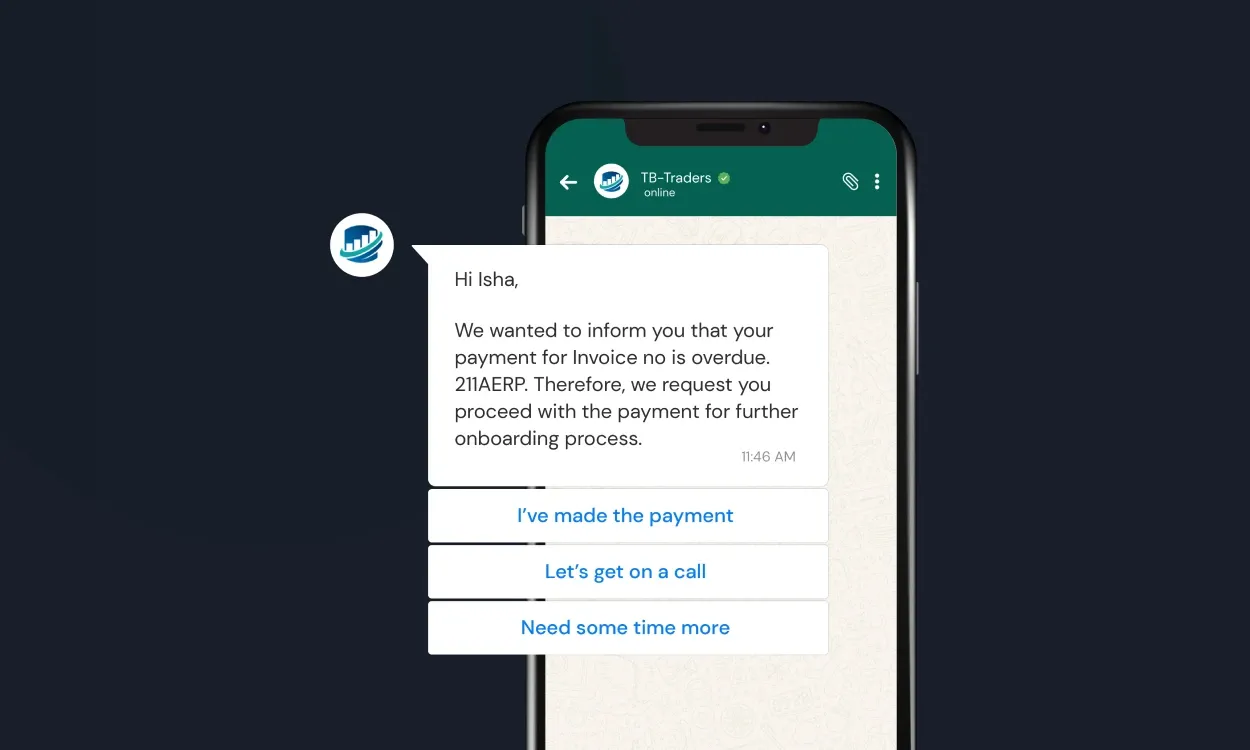
- Automating the Sales ProcessSales processes in the manufacturing sector can be complex, involving multiple stakeholders, product specifications, and pricing negotiations. Traditional sales channels such as phone and email can be slow and inefficient, especially when dealing with multiple enquiries simultaneously.With WhatsApp Business API, manufacturers can automate their sales processes, making it easier to manage enquiries and increase sales. They can use chatbots to provide product information, pricing, and availability, enabling customers to make informed decisions. WhatsApp Business API also allows manufacturers to send automated messages to customers who have abandoned their carts or show interest in a particular product, encouraging them to complete their purchase.
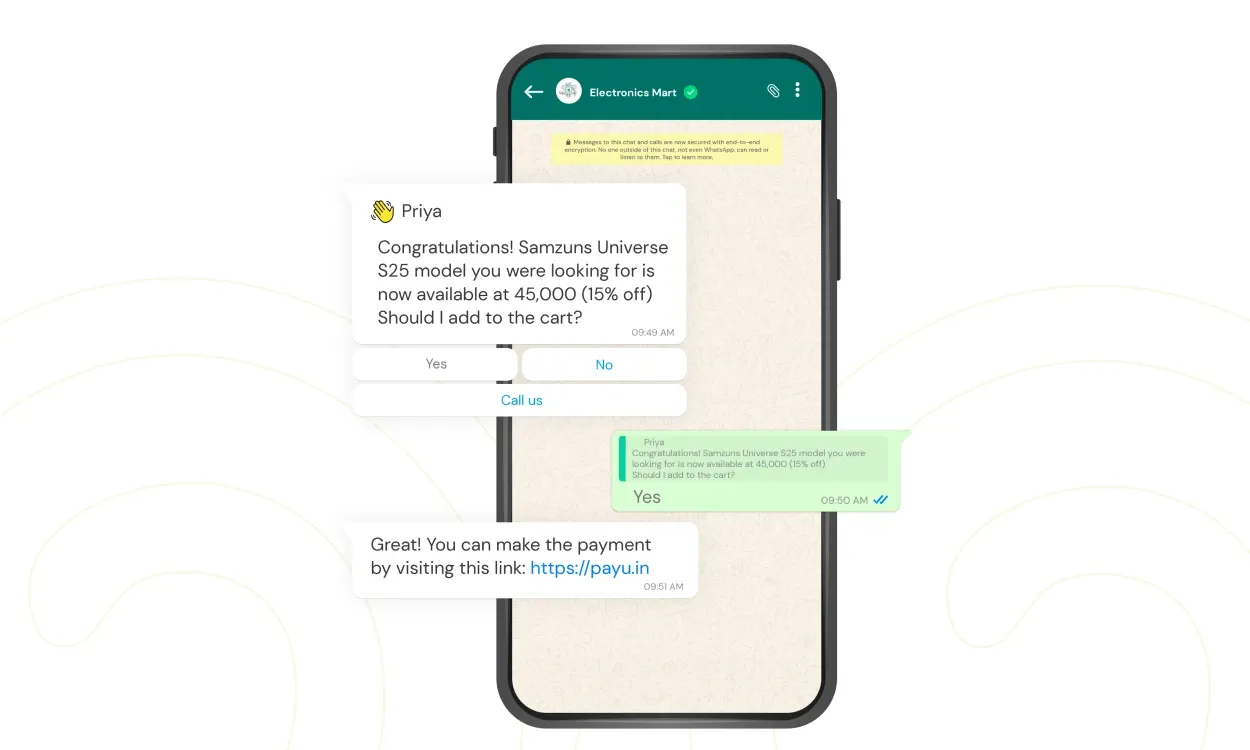
- Improving Internal CommunicationEffective internal communication is critical in the manufacturing sector, where teams need to coordinate their efforts to ensure that production processes run smoothly. However, traditional communication channels such as email and phone can be slow and prone to miscommunication.With WhatsApp Business API, manufacturers can improve their internal communication processes, enabling teams to communicate in real time. They can create group chats for different teams, allowing them to collaborate and share updates in real time. WhatsApp Business API also allows manufacturers to send automated messages to teams, providing updates on production schedules, quality control, and other important information.
- Automating Quality Control ProcessesQuality control is a critical aspect of the manufacturing sector, where product defects can lead to recalls, lawsuits, and reputational damage. However, traditional quality control processes can be time-consuming and prone to errors. One of the easiest ways to automate quality control is by sending alerts to quality control managers and workers when a quality issue arises. For example, if a defect is detected during the production process, an automated alert can be sent to the quality control team so that they can take action.With WhatsApp Business API, manufacturers can automate their quality control processes, reducing the risk of errors and increasing efficiency. They can create automated message templates that can be sent to quality control teams to report defects, track product inspection status, and receive updates on corrective actions. Chatbots can also be used to answer frequently asked questions about quality control processes, enabling teams to focus on more complex issues.
Create No-code Chatbots for Manufacturing Industry
Creating no-code chatbots for the manufacturing industry can be a great way to improve customer support, streamline operations, and boost revenue. Chatbots can be used to answer common queries that employees have, such as questions about company policies or procedures. This can help to reduce the burden on HR staff and provide faster responses to employees. Here are some steps to create no-code chatbots for the manufacturing industry:
- Choose a chatbot platform: There are several chatbot platforms available that allow you to create no-code chatbots. Some popular options include DashCX, Chatfuel, Tars, and ManyChat. Research these platforms and choose the one that best fits your needs and budget.
- Define your chatbot’s purpose: Before you start building your chatbot, it’s important to define its purpose. What kind of support or information do you want to provide to your customers? Are there specific questions that your customers frequently ask? What kind of data do you want to collect from your customers? Defining the purpose of your chatbot will help you create a more effective chatbot that meets your business needs.
- Design your chatbot’s flow: Once you have defined your chatbot’s purpose, it’s time to design its flow. Map out the different conversations that your chatbot will have with customers. Define the different paths that customers can take based on their responses. This will help you create a more user-friendly chatbot that provides relevant information to customers.
- Integrate with WhatsApp Business API: To make your chatbot available on WhatsApp, you will need to integrate it with WhatsApp Business API. This will require you to create a WhatsApp Business account and obtain an API key. Once you have the API key, you can use it to connect your chatbot platform to WhatsApp Business API.
- Test and refine your chatbot: After you have integrated your chatbot with WhatsApp Business API, it’s important to test it thoroughly. Test different scenarios and make sure that your chatbot provides the right responses in each scenario. Use customer feedback to refine your chatbot and make it even more effective.
Creating no-code chatbots for the manufacturing industry can be a great way to improve customer support, streamline operations, and boost revenue. By following these steps, you can create a chatbot that meets your business needs and provides value to your customers.
Business Case Studies of WhatsApp Automation in Manufacturing Industry
Here are a few examples of how manufacturing businesses are using WhatsApp automation to achieve their business goals:
- Customer Support: Automating customer support in manufacturing can be a game changer for businesses looking to improve customer satisfaction, reduce response times and improve the overall customer experience. With the help of WhatsApp automation, manufacturers can automate their customer support process and enhance their customer support operations. Many manufacturing businesses are using WhatsApp automation to provide better customer support to their customers. Automated chatbots can answer common customer queries, provide troubleshooting tips, and even process returns or exchanges.

- Order Tracking: Manufacturing businesses are also using WhatsApp automation to provide customers with real-time updates on their orders. With automated messaging, customers can receive updates on their order status, shipping details, and estimated delivery times, without the need for human intervention. WhatsApp automation can be also used to send automated reminders to employees about upcoming meetings or deadlines. This can help to ensure that everyone is on the same page and that important tasks are not forgotten.
- Sales and Marketing: WhatsApp automation can also be used by manufacturing businesses to improve their sales and marketing efforts. Automated messaging can be used to send promotional offers, product updates, and other marketing materials directly to customers, helping to drive sales and boost revenue. WhatsApp automation can be used to share company news and updates with employees. This can help to keep everyone informed about important developments and improve morale.
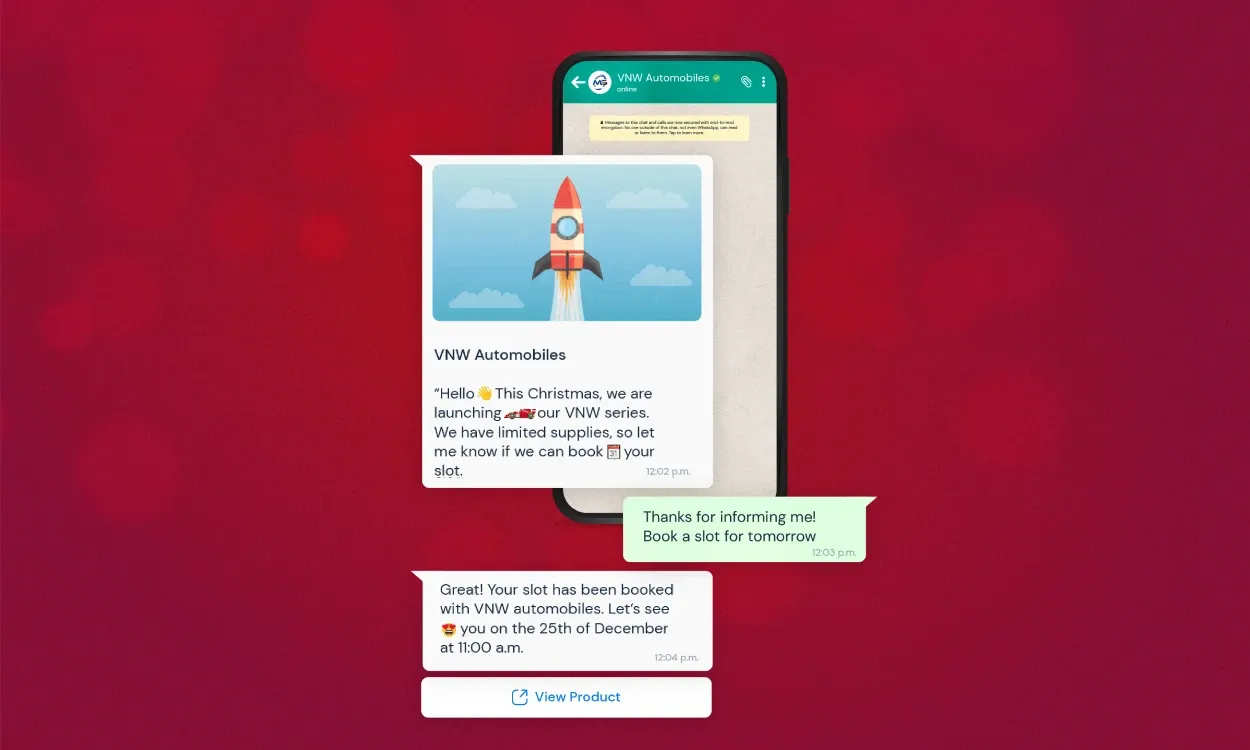
- Employee Communication: Finally, manufacturing businesses can use WhatsApp automation to improve internal communication and collaboration. Automated messaging can be used to send updates to employees, coordinate work schedules, and even facilitate remote work arrangements. WhatsApp automation can be used to conduct employee surveys, which can help to gather feedback on issues such as job satisfaction and company culture. This can help to identify areas for improvement and make changes that benefit employees.
Overall, WhatsApp automation offers a powerful tool for manufacturing businesses looking to streamline their operations, improve customer support, and boost their bottom line. By leveraging the power of automation, these businesses can achieve their business goals more effectively and efficiently than ever before.
Examples of Manufacturing Businesses using WhatsApp Business API
WhatsApp Business API is being used by a variety of manufacturing businesses around the world to improve their operations, customer support, sales and marketing, and internal communication. Here are a few examples of manufacturing businesses using WhatsApp Business API:
- Bosch: Bosch, a leading manufacturer of automotive parts and home appliances, is using WhatsApp Business API to improve customer support and engagement. With automated messaging and chatbots, Bosch is able to provide real-time customer support and respond to customer queries more efficiently.
- Unilever: Unilever, a multinational consumer goods company, is using WhatsApp Business API to improve its sales and marketing efforts. With automated messaging, Unilever is able to send promotional offers and product updates directly to customers, boosting sales and brand awareness.
- Air Liquide: Air Liquide, a global supplier of industrial gases and services, is using WhatsApp Business API to improve its internal communication and collaboration. With automated messaging, Air Liquide is able to coordinate work schedules, send updates to employees, and facilitate remote work arrangements more efficiently.
- P&G: Procter & Gamble, a leading manufacturer of consumer goods, is using WhatsApp Business API to improve its customer support and engagement. With automated messaging, P&G is able to provide real-time customer support and respond to customer queries more efficiently.
These are just a few examples of manufacturing businesses that are currently using WhatsApp Business API. As WhatsApp continues to grow in popularity as a customer communication channel, more and more manufacturing businesses are likely to adopt this powerful tool to improve their operations and achieve their business goals.
Start using WhatsApp Automation for your Manufacturing Business in DashCX
In conclusion, the manufacturing sector can greatly benefit from leveraging automation in WhatsApp Business API to achieve their business goals. With the help of DashCX’s API automation, manufacturing businesses can streamline their operations, improve customer support, enhance sales and marketing efforts, and facilitate internal communication and collaboration.
Automation can help manufacturing businesses provide real-time updates on order status, shipping details, and estimated delivery times to customers, without the need for human intervention. This not only helps to improve customer satisfaction but also frees up valuable resources for manufacturing businesses.
By using chatbots, manufacturing businesses can handle common customer queries and provide troubleshooting tips, leading to faster response times and greater customer engagement. Furthermore, automated messaging can be used to send promotional offers, product updates, and other marketing materials directly to customers, helping to drive sales and boost revenue.
Finally, automation can be used to improve internal communication and collaboration, facilitating remote work arrangements and streamlining work schedules. This can lead to greater efficiency, improved productivity, and ultimately, greater success for manufacturing businesses.
Overall, the potential benefits of leveraging automation in WhatsApp Business API are significant and cannot be ignored. As manufacturing businesses continue to seek ways to improve their operations and achieve their business goals, it is likely that more and more will turn to automation in WhatsApp Business API as a powerful tool for success.
Automate your business conversations on WhatsApp with DashCX by signing up now!
Make your WhatsApp conversations faster, automatic, and more effective with your team.
Recent Blogs

25-08-2023
Streamlining Bulk Messaging: A Guide to Utilizing WhatsApp Cloud API & DashCX in South Africa

25-08-2023
Unified Messaging Made Easy: Utilizing WhatsApp Cloud API & DashCX Mobile App for Seamless Communication in South Africa

25-08-2023
Elevating Business Growth: Harnessing the Potential of WhatsApp Cloud API with DashCX for South African Entrepreneurs

30-03-2023
How to Create an Effective Lead Generation Campaign on WhatsApp
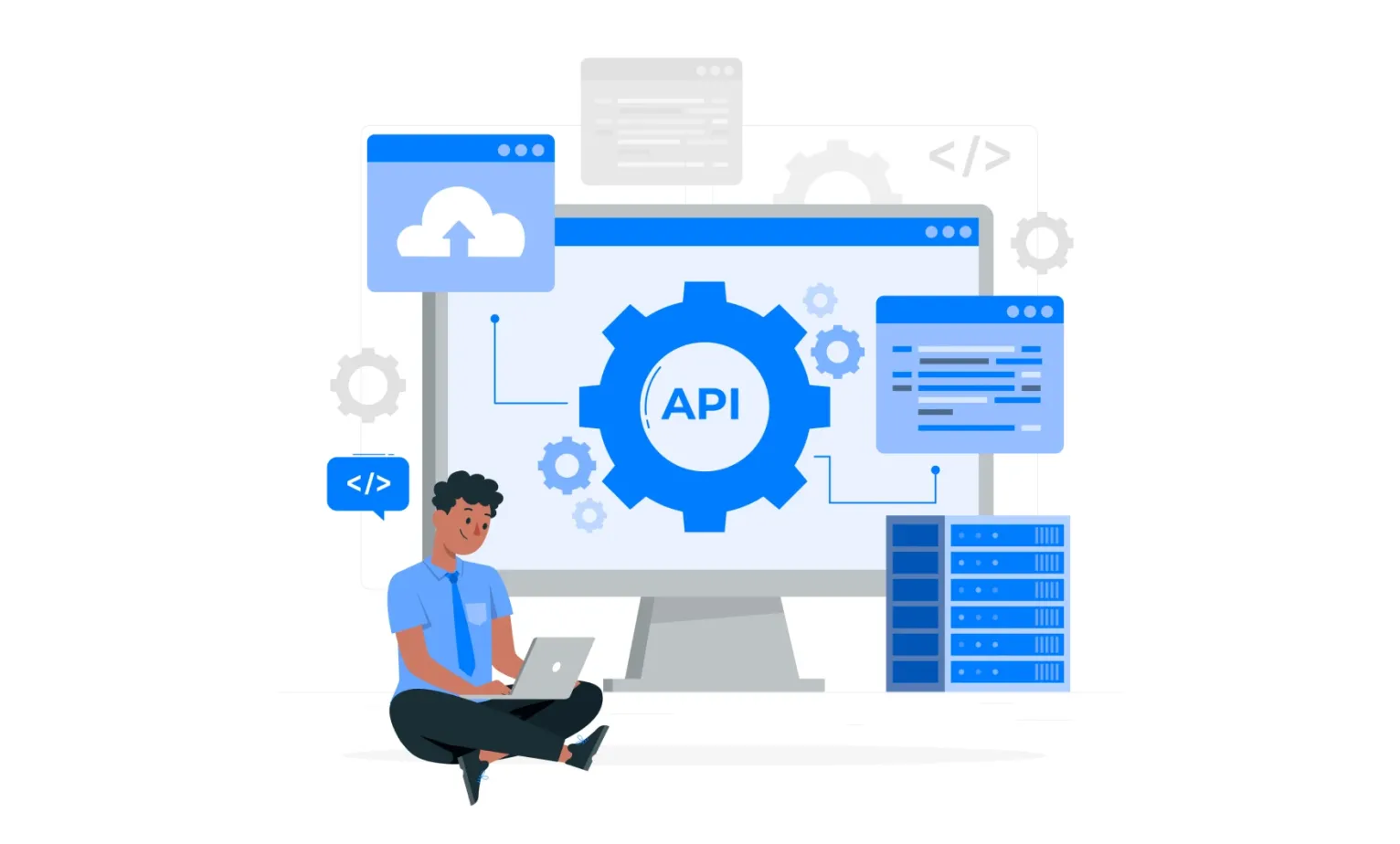
28-03-2023
What are the best WhatsApp Business API Providers? Find Out Now!

22-03-2023
How Stock broker companies use WhatsApp API to give insights into the portfolio to their ‘Customers’
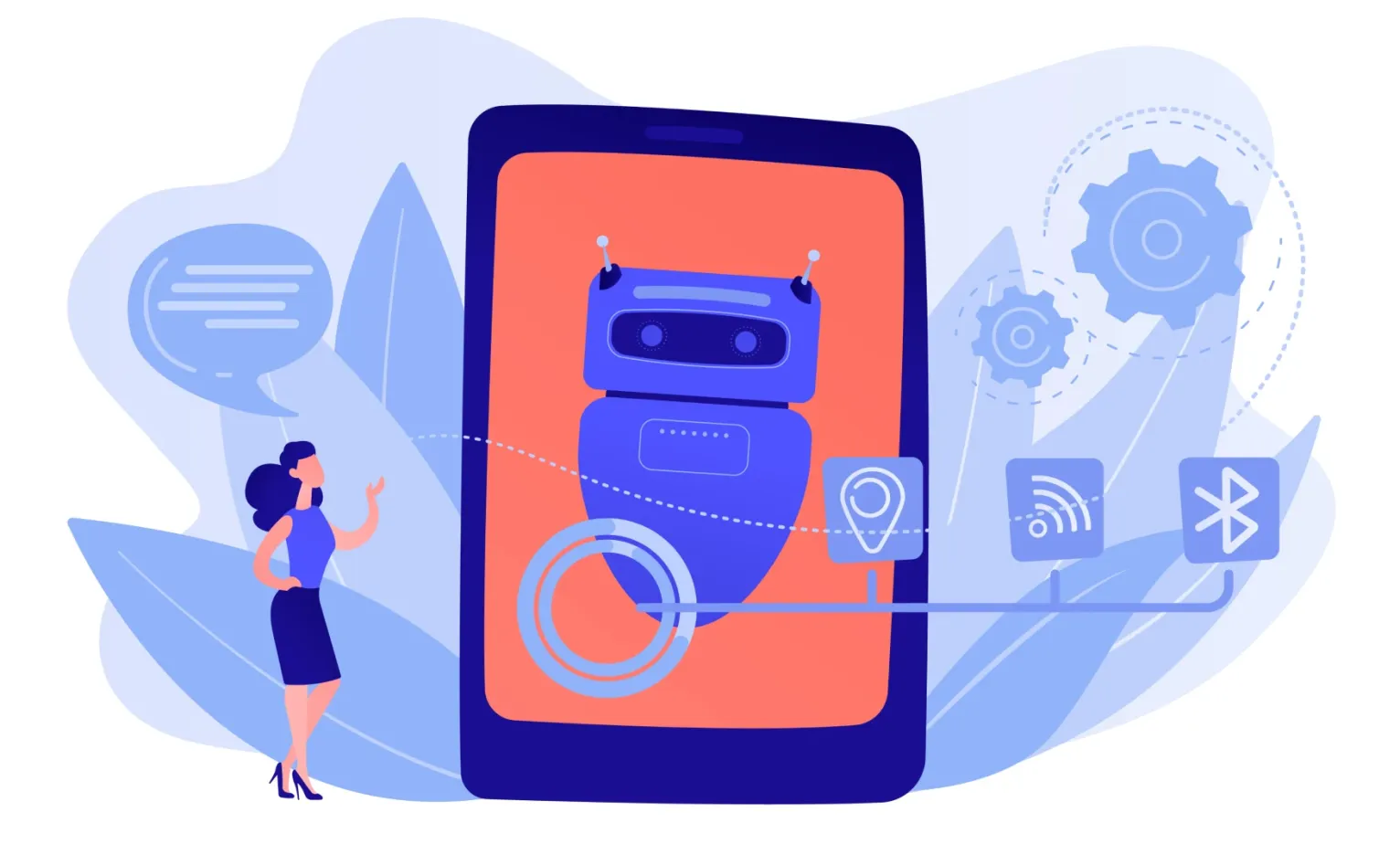
19-03-2023
Impact of Automation in WhatsApp API Across Industries: A Closer Look

10-03-2023
What Are the Benefits of Using WhatsApp Business API Human Chat for Handling Sensitive Data?

10-03-2023